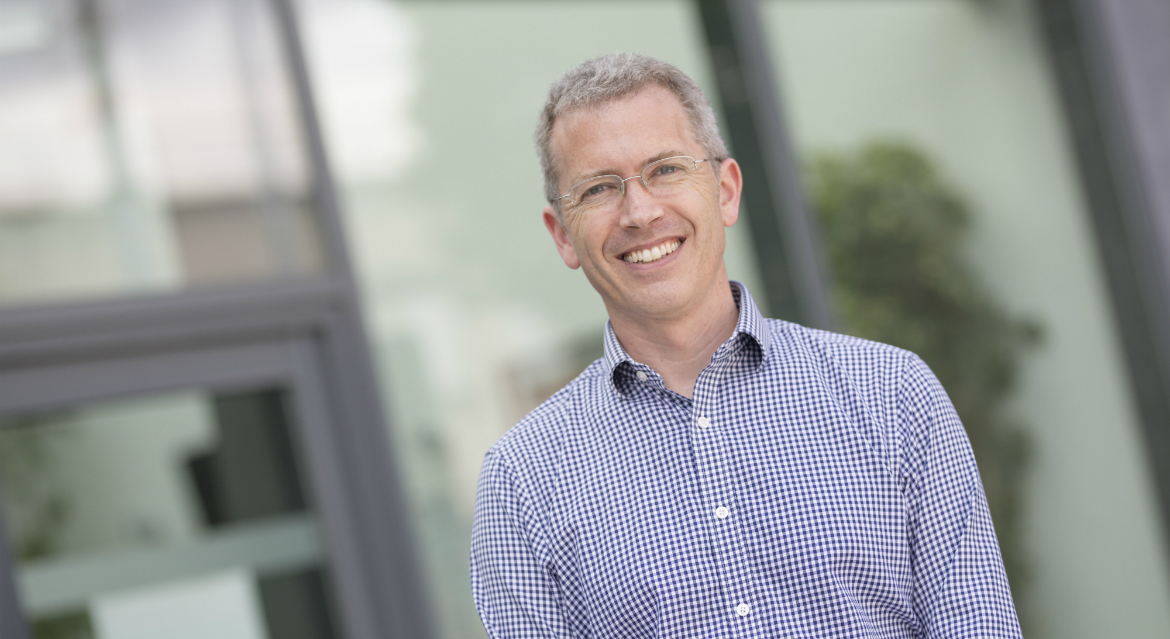Diabetes patients asked to help with world leading study in Scotland
Published On Mon 16 Oct 2017 by Roddy Isles

A major diabetes study conducted by researchers in Scotland into how the disease develops and some of the reasons why it varies from patient to patient is now looking to recruit patients from across the country.
The GoDARTS study is looking for help from patients with diabetes in Scotland who have been diagnosed within the past two years.
Over the past 20 years in Tayside the GoDARTS study - one of the world’s leading studies into the disease – has worked with patients to build a database of information that has been made available to researchers worldwide and helped to define genetic factors related to diabetes including susceptibility, complications and response to treatment.
Now the study is looking to recruit up to 6000 new patients. Researchers say these patients can help deliver insights into how diabetes develops and why there is variation between people in how their diabetes progresses.
“This is a new phase of recruitment to GoDARTS which will give us valuable insight into why diabetes is more aggressive in some patients than others, and how we can predict who is most at risk from diabetes when they are diagnosed,” said Ewan Pearson, Professor of Diabetic Medicine at the University of Dundee, who is leading the study.
“By working with patients who have only recently been diagnosed with diabetes we can look at progression of the disease and how they are responding to treatment. One of our main interests is in how people respond to metformin, the most commonly prescribed diabetes medicine.
“What we envisage is a future where when someone is diagnosed with diabetes we can better predict the effect the disease is going to have on them, and therefore how we can best manage and treat it.”
The study started recruiting patients in Tayside and Glasgow but is now rolling out to other areas of the country including Fife, Lothian, Lanarkshire, Forth Valley, Glasgow and Aberdeen. Professor Pearson said the contribution of patients was absolutely vital to the success of this kind of research into diabetes.
“The response from the public to our research over many years has been exceptional and has directly led to great advances in our understanding and treatment of diabetes,” said Professor Pearson.
“Tayside is internationally recognised as having arguably the best information and knowledge of a diabetes population anywhere in the world, and we are increasingly growing that study base to include patients across Scotland.
“I hope people can support this latest stage of our research and help us bring real benefits to all diabetic patients in future.”
Patients who join the study are asked to make one or two visits to a local practice, each lasting around 30 minutes.
The study is being conducted with funding from The Wellcome Trust and the support of the Scottish Diabetes Research Network.
Anyone who is interested in joining the study should contact Louise Greig on 01382 383208 or louise.greig@nhs.net.
For media enquiries contact:
Roddy Isles
Head of Corporate Communications
University of Dundee
Nethergate, Dundee, DD1 4HN
Tel: +44 (0)1382 384910
Mobile: 07800 581902
Email: r.isles@dundee.ac.uk